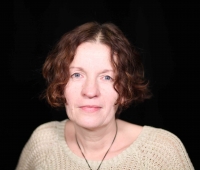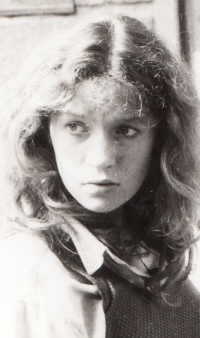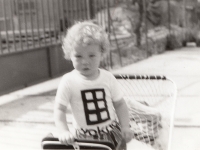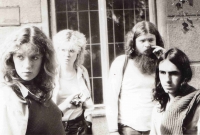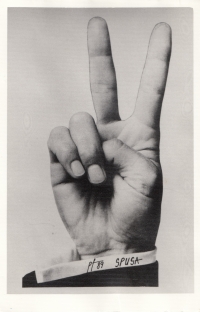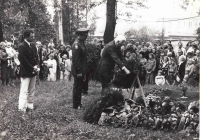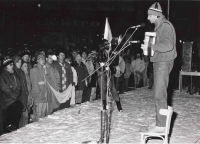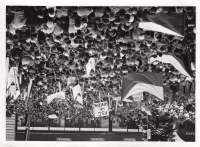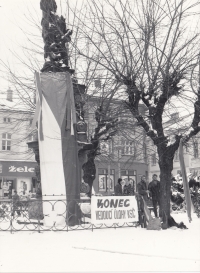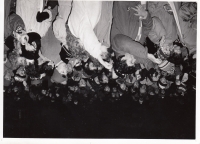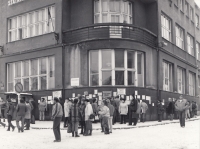The world was changing and we were a part of it
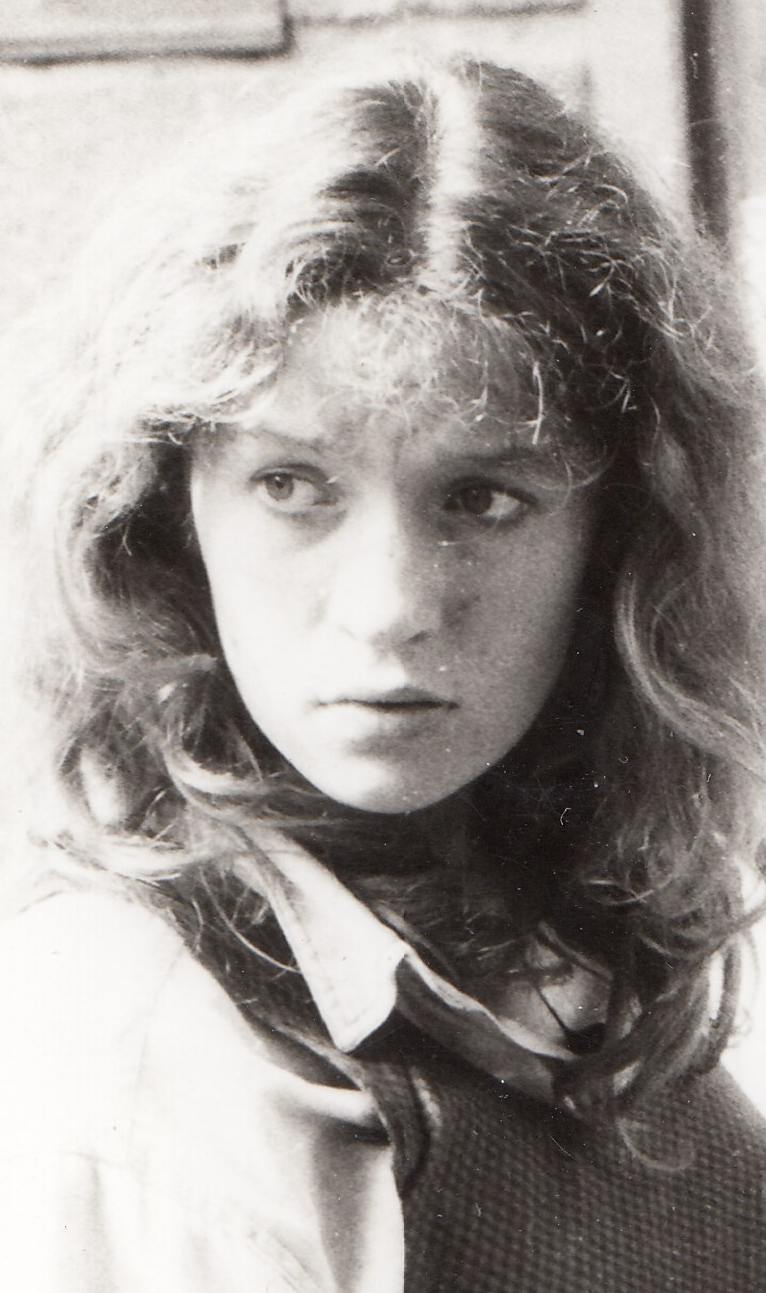
Stáhnout obrázek
Kateřina Zukalová, née Hradílková, was born June 29, 1967 in Hranice na Moravě and spent her childhood with her parent and siblings in Lipník nad Bečvou. Her father Tomáš Hradílek, an activist and Charter 77 signatory, was relegated in the 1970s and the family lived under State Security surveillance. Kateřina graduated from a secondary school of agriculture in Lipník nad Bečvou and got married in 1987. Together with her husband they signed the Charter 77 and have taken part in the public affairs in Valašské Meziříčí from November 1989 on. They witnessed the establishment of a local cell of the Civic Forum. She has been a member of the SPUSA Society of Friends of the USA since the Communist times. She currently lives and farms in Valašská Senice. She was the town’s local representative at the time of the interview (2019).
